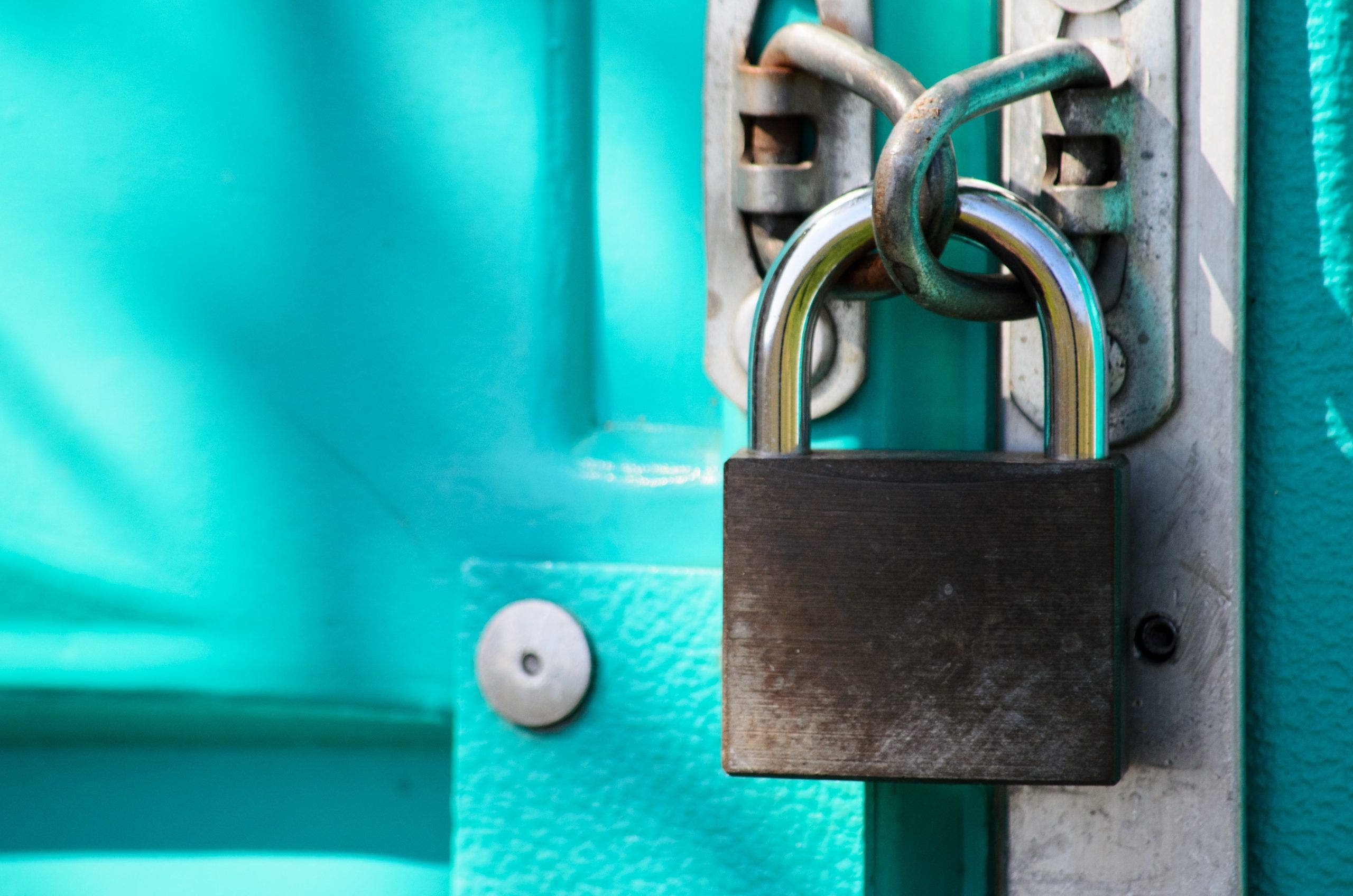
As the popularity of cryptocurrency grows, so does the need for secure storage options. With the risk of hacks and scams, it’s crucial to understand the safest ways to store your crypto assets. In this article, we will explore the options of storing crypto on exchanges, wallets, and cold storage, providing you with the information you need to make an informed decision.
Contents
Storing Crypto on Exchanges
Exchanges are the most common way for individuals to trade and store their cryptocurrencies. By keeping your crypto assets on an exchange, you can easily access and manage your portfolio. However, there are inherent risks associated with this storage method.
One risk is the vulnerability of exchanges to hacking. Over the years, there have been several high-profile exchange hacks resulting in significant losses for users. Additionally, exchanges are custodial wallets, meaning you don’t have full control over your private keys. If the exchange shuts down or experiences technical difficulties, you may face challenges accessing your funds.
Crypto Wallets for Secure Storage
To mitigate the risks associated with exchange storage, many crypto holders opt for wallets. Wallets provide users with complete control over their private keys, enhancing security. There are two main types of wallets: hot wallets and cold wallets.
Hot Wallets: Hot wallets are software-based wallets that are connected to the internet. They can be accessed through desktop or mobile applications. Hot wallets provide convenience and quick access to your crypto assets. However, they are still vulnerable to hacking and malware attacks, especially if your device is compromised.
Cold Wallets: Cold wallets, also known as hardware wallets, are physical devices that store your private keys offline. These wallets offer the highest level of security as they are isolated from the internet, making them immune to online threats. Cold wallets are considered the safest option for storing large amounts of cryptocurrency for long-term holding.
Exploring Cold Storage Options
Cold storage comes in different forms, including hardware wallets, paper wallets, and even offline computers. Hardware wallets, such as Ledger and Trezor, are the most popular choice among crypto enthusiasts. They provide a user-friendly interface while ensuring the highest level of security.
For those who prefer a more low-tech approach, paper wallets offer a simple yet effective solution. A paper wallet is a physical printout of your public and private keys, which can be generated securely offline. However, it’s essential to keep the paper wallet in a safe and secure location to prevent loss or theft.
FAQs
Q: Is it safe to store crypto on exchanges?
A: Storing crypto on exchanges comes with risks, as exchanges are vulnerable to hacking and technical issues. It’s generally recommended to transfer your crypto assets to a personal wallet for enhanced security.
Q: Are hardware wallets the most secure option for cold storage?
A: Yes, hardware wallets are widely considered the most secure option for cold storage. They keep your private keys offline and provide an extra layer of protection against online threats.
Conclusion
When it comes to storing your crypto assets, it’s essential to prioritize security. While exchanges offer convenience, they also come with risks. Wallets, especially hardware wallets, provide users with more control and enhanced security. Cold storage options, such as hardware and paper wallets, offer the highest level of protection for long-term storage. Whichever option you choose, make sure to educate yourself on best practices and keep your private keys safe.
For more information and the latest updates on technology trends, visit Virtual Tech Vision.







